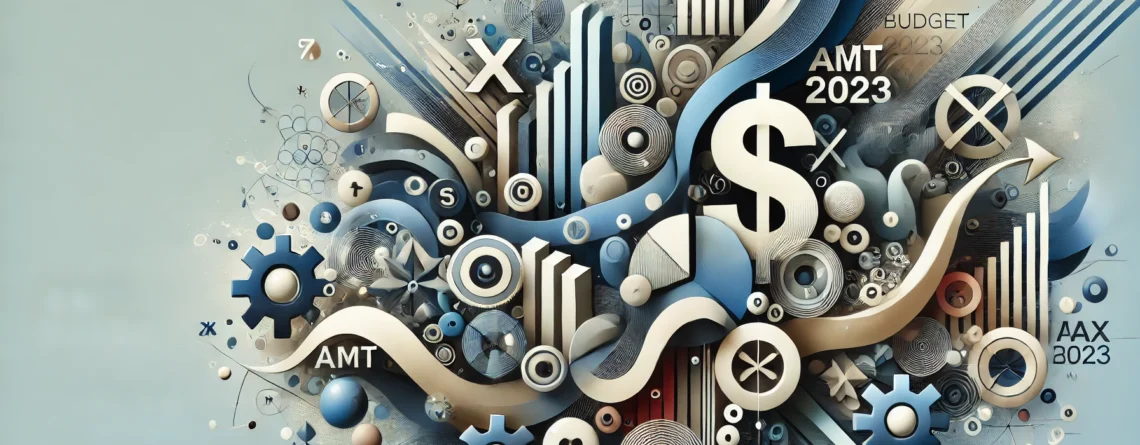AMT Budget 2023: Impact on Wealthy Donors
The Canadian federal government recently released its 2023 budget, which includes changes to the Alternative Minimum Tax (AMT) that will impact high-income earners. This post will cover the changes made to the AMT and how it may affect wealthy philanthropists.
What is the Alternative Minimum Tax (AMT)?
The AMT is a tax system designed to ensure that high-income earners pay a minimum amount of tax, regardless of deductions and credits. It was introduced to prevent wealthy taxpayers from using deductions and credits to significantly reduce their tax liability.
Wealthy investors who make large charitable donations are particularly impacted by the recent changes to the AMT rules because they often use the tax credits from their charitable donations to reduce their taxes owing. The recent changes to the AMT will reduce the incentive for wealthy donors to make charitable gifts by reducing some of the tax incentives. The result will be lower donations received by Canadian charities.
Changes to the AMT
The 2023 budget proposes several changes to the AMT, including the following:
Lower AMT threshold: The threshold at which the AMT applies will be lowered, which means that more taxpayers will be subject to the AMT.
AMT rate increase: The AMT rate will increase from 15% to 20.5%, meaning that taxpayers subject to the AMT will pay a higher rate of tax on their income.
Elimination of AMT credits: The budget proposes to make various changes the AMT credit rules, which allowed taxpayers to reduce their regular tax liability by the amount of AMT paid in the previous year. This means that taxpayers subject to the AMT will no longer be able to use certain credits (in the same way) to reduce their tax liability.
Charitable donations: The budget proposes to include 30 percent of capital gains on donations of publicly listed securities in the AMT base. The 30 percent inclusion would also apply to the full benefit associated with employee stock options to the extent they are publicly listed.
Impact on taxpayers
Wealthy philanthropists will see an impact on their tax position based on the proposed changes to the AMT rules in the 2023 federal budget. This is because of the changes proposed to the AMT base rate, the elimination/change of certain AMT credits, and changes to the rules surrounding the donation of appreciated securities.
AMT for donors
The AMT is a separate tax system that applies to certain high-income taxpayers who would otherwise pay little or no tax because of the deductions and credits available to them under the regular tax system. The AMT is designed to ensure that these taxpayers pay at least a minimum amount of tax.
But, what the AMT does for charitable donors is make those donations less beneficial for calculating taxes owed. Under the new AMT rules proposed in the 2023 federal budget, wealthy investors who make charitable donations to offset their income taxes owed may find greater incentives to simply pay taxes instead of making charitable donations.
The proposed changes to the AMT in the 2023 budget will result in less funds flowing to Canadian charities and more taxes paid to the federal government.
Alternative donation methods that avoid the AMT
Considering the new AMT rules proposed in the 2023 federal budget, wealthy philanthropists should find alternative ways to make charitable donations which are not impacted by the AMT. Please contact us to learn about the tax efficient ways we help our clients make charitable donations.


Comment (1)
[…] Click Here to read another post we wrote about changes to the AMT in 2023. […]
Comments are closed.